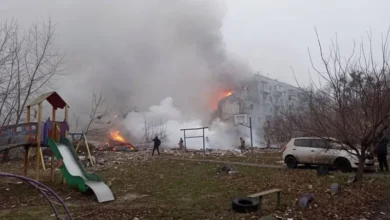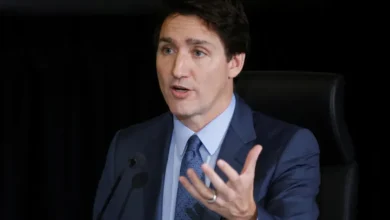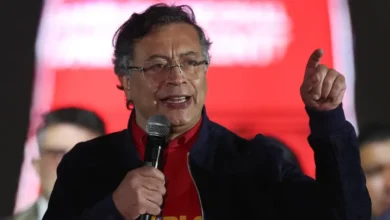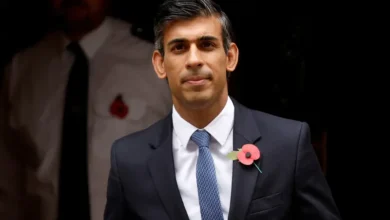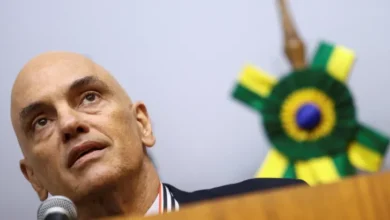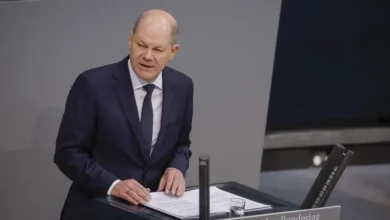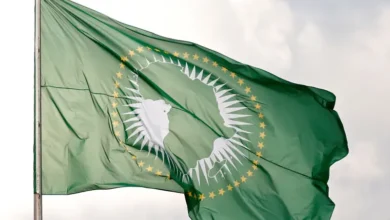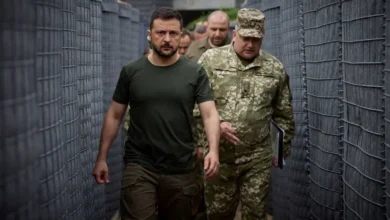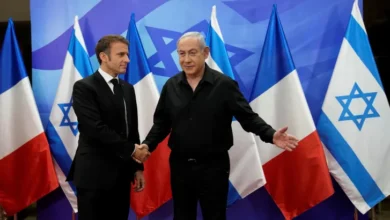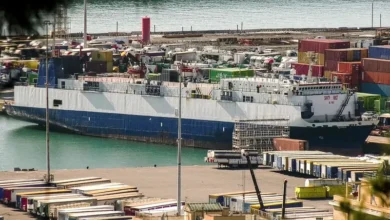Diplomatic failings and ‘elite bargains’ prolonging Libya turmoil: Analysts
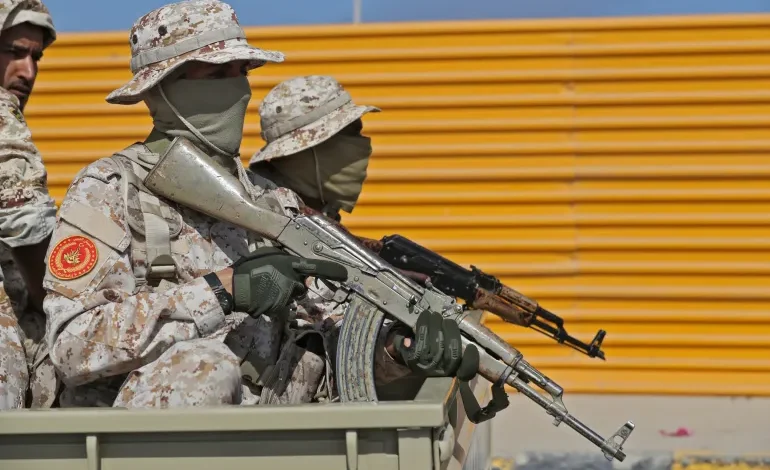
After weeks of tension that saw the Central Bank of Libya (CBL) shuttered, salaries go unpaid and cash vanish, the country’s two rival governments appeared ready to accept a United Nations-brokered agreement to resume operations, before once more reverting to a deadlock familiar to many in the country.
The internationally recognised Government of National Unity (GNU) in the west had tried to replace CBL Governor Sadiq al-Kabir, accusing him of mishandling oil revenues and going to the extent of sending armed men in to remove him from his office.
Angered, the House of Representatives (HoR) government in eastern Libya, which is supported by renegade commander Khalifa Haftar, shut down much of the country’s oil production, which it controls, in protest.
“This is serious,” said Jalel Harchaoui, an associate fellow with London’s Royal United Services Institute. “The CBL, although weaker now than it was a few years ago, remains a linchpin to the nation’s access to hard currency.”
He added that the CBL funds most of Libya’s imports of food, medicines and other staples, which the country cannot last long without.
Since then, various analysts say, life in Libya has deteriorated as fighting has continued between rival Libyans and as the international community has tried to preserve the rule of a political and military elite, convinced they are the best for stability and for the proclaimed goal of “unifying Libya”.
Why the central bank?
As well as holding Libya’s vast oil wealth, the CBL unified Libya’s eastern and western “central banks” in one body to manage the salaries of civil servants and soldiers from both governments and build confidence that recovery was possible.
After the GNU-HoR struggle over who would head the CBL, al-Kabir fled the country, claiming that he took the access codes for bank deposits with him, leaving the bank isolated from international financial networks.
Asim al-Hajjaji, director of the CBL compliance department, said international contacts had been restored, although Al Jazeera understands that most international trading remains suspended.
Meanwhile, oil exports have plunged to a new low, salaries are uncertain and everyday life for about six million Libyans is in turmoil.
“The United Nations is talking about talks, which is a sure sign we’re nowhere near resolution,” Tarek Megerisi, a senior fellow at the European Council on Foreign Relations, said of negotiations to restart operations at CBL.
The West, which typically backs the GNU despite it being responsible for much of the uncertainty, “doesn’t know what to do, or really has the bandwidth to do it. They’re dealing with wars in Gaza and Ukraine,” he said.
“It’s just too much. In Libya, international efforts to achieve any kind of just settlement have lost momentum.”
And this is far from the first time.
Over more than a decade of uncertainty and war, analysts say, the international community’s efforts focused on shoring up the country’s elites in the hope that might lead to stability.
